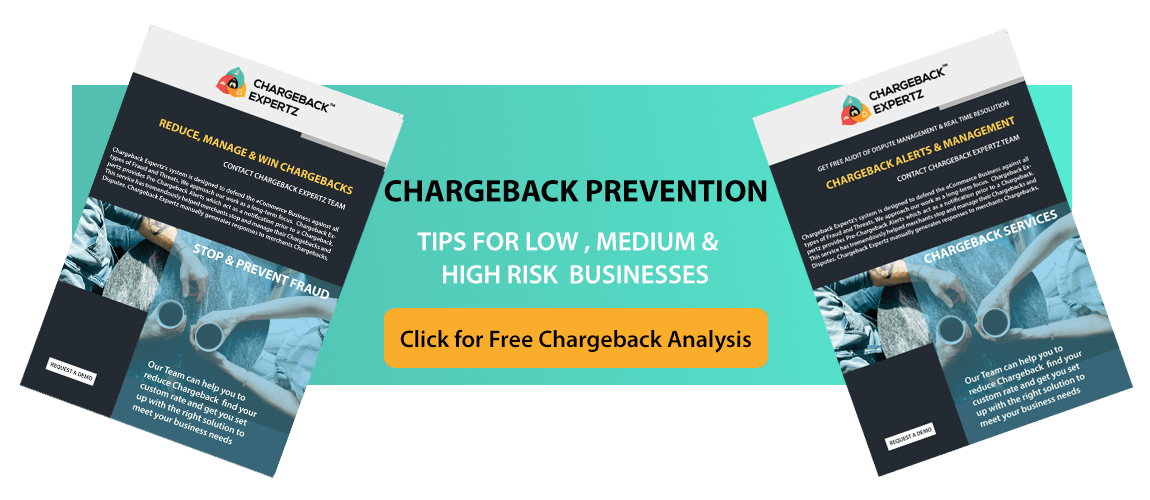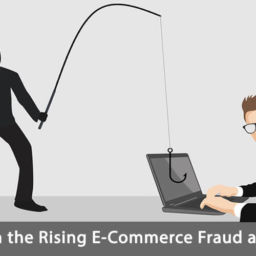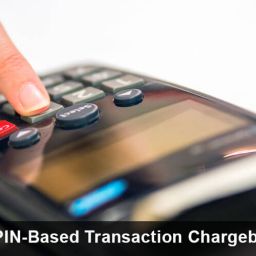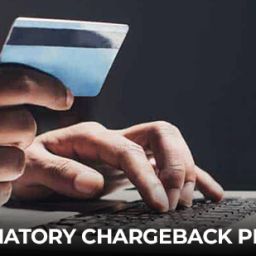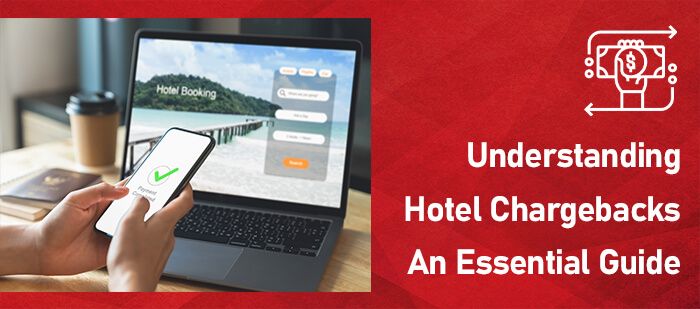
Hotel chargebacks can be a significant concern for hotel businesses, impacting their bottom line and reputation. Understanding what chargebacks are, how they can affect your hotel, and how to prevent and handle them is essential for successful hotel operations. In this guide, we will delve into the world of hotel chargebacks and provide you with valuable insights on how to navigate this complex issue.
What Exactly Are Hotel Chargebacks?
Hotel chargebacks arise when a guest disputes a charge from their stay with their credit card issuer, prompting a forced transaction reversal. This can occur for several reasons, ranging from unauthorized use of the card to disputes over the quality of service received. When a chargeback is issued, the hotel is required to refund the amount in question to the cardholder, which can introduce financial strain and administrative burdens. The process involves not only the loss of revenue from the original transaction but may also include hefty fees and fines levied by payment processors and credit card companies. Additionally, chargebacks demand considerable time and resources to contest or resolve, requiring hotels to allocate staff for handling disputes and gathering necessary documentation. The implications of chargebacks extend beyond financial repercussions, as they necessitate a thorough investigation into each claim to ascertain its validity and prevent similar issues from arising in the future. This necessitates a proactive approach in managing transactions and customer satisfaction to mitigate the incidence of chargebacks.
Some Related Blogs
- How to Successfully Navigate a Debit Card Chargeback
- The Chargeback Process: A Necessary Evil in Retail?
- Amazon Return Fraud: A Rising Concern for Online Shopping
- Solving the Mystery of American Express Chargebacks
The Impact of Chargebacks on Your Hotel Business
Hotel chargebacks are more than just an administrative hassle; they directly threaten the financial health and brand integrity of your establishment. Each chargeback subtracts from your hotel’s income, compounding the issue with potential fees and fines from payment processing entities. These additional costs can deplete your revenue further and disrupt your cash flow, making financial planning and investment in growth or improvements challenging. Beyond the tangible financial damages, chargebacks carry the risk of damaging your hotel’s reputation. Word of mouth travels fast, and in the digital age, a single chargeback related to a dispute over service quality can lead to negative online reviews. These reviews have the power to deter potential guests, eroding trust in your brand over time. The cumulative effect of these factors can be substantial, undermining your hotel’s competitive edge and jeopardizing future bookings. Hence, understanding the multifaceted impact of chargebacks is crucial for any hotel operator striving to maintain a profitable and reputable business.
Preventing Chargebacks in Your Hotel
To effectively guard against chargebacks in your hotel, adopting proactive and preventive strategies is key. Clear communication plays a pivotal role in this regard; ensuring guests are fully aware of all charges and policies at the time of booking and throughout their stay can significantly reduce misunderstandings that may lead to disputes. High-quality customer service is equally important, as satisfied guests are less likely to file chargebacks. Addressing concerns and resolving issues promptly and courteously can prevent many chargebacks from ever being initiated.
![]()
Email us anytime!
Email customer service 24/7
![]()
Call us anytime!
Reach customer care 24/7 at +1 (888) 901-8653
Incorporating advanced fraud prevention techniques and secure payment processing technologies also serves as a strong defense against chargebacks resulting from fraudulent activities. Regularly updating your security measures and training staff on the latest fraud detection methods can help identify and stop fraudulent transactions before they lead to chargebacks.
Monitoring transaction activity closely allows for the early detection of red flags that could indicate potential chargebacks. Keeping detailed records of guest interactions, transactions, and documentations such as receipts, booking confirmations, and communication logs can be invaluable in these instances. These records not only support your case in the event of a chargeback but also help in identifying patterns that could signal areas for operational improvement.
By implementing these strategies, hotels can create a more secure and trusting environment for their guests, thereby reducing the likelihood of chargebacks and safeguarding the establishment’s revenue and reputation.
How to Handle Chargebacks When They Occur
When faced with chargebacks, it’s crucial for hotels to act swiftly and efficiently. The first step is to compile all relevant documentation that can substantiate the legitimacy of the charge. This includes invoices, proof of service provided, communication records with the guest, and any other evidence that can support your case. Engaging with your payment processor early on is also vital, as they can offer guidance on the chargeback process and what specific information is needed to contest the claim. Once all the necessary documentation is gathered, submitting a detailed and well-organized response to the chargeback notification is essential. This response should clearly articulate why the chargeback is unwarranted and present all supporting evidence in a coherent manner.
Throughout this process, maintaining a professional demeanor and open lines of communication with all parties involved, including the guest, if appropriate, can help facilitate a resolution. Effectively managing these situations not only involves addressing the immediate issue at hand but also analyzing the underlying causes to implement measures that prevent similar occurrences in the future.

